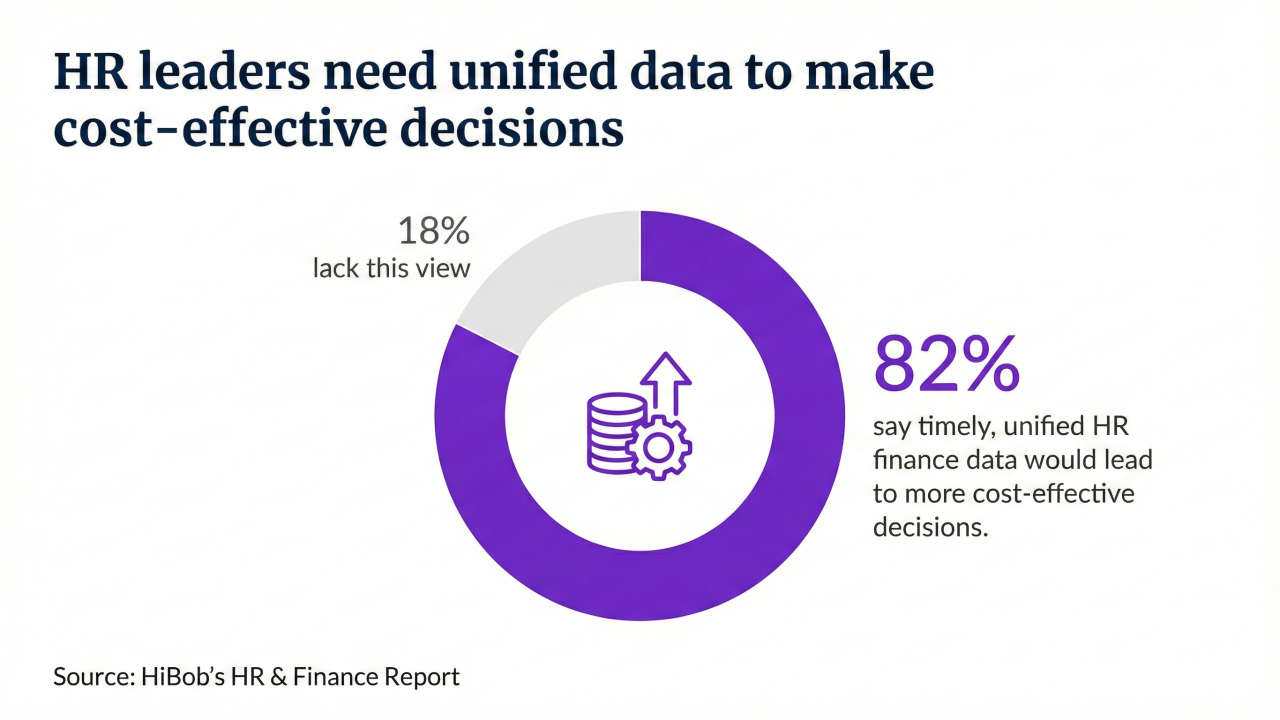A bill legalizing gay marriage passed an Illinois House committee vote late Tuesday night but not much will change for employer-sponsored benefit plans in the state. Illinois already recognizes spousal-equivalent civil unions so employers with insured plans are already required to cover civil union partners to the same extent they cover spouses.
“Civil unions are equal to spouses under state law [in Illinois],” explains Todd Solomon, partner with McDermott Will & Emery in Chicago. “So, if you’re an insured plan governed by Illinois state law and your insured plan covers spouses, your insured plan must cover civil union spouses.”
However, a same-sex marriage law, should it pass, would affect state-to-state transfers, says Solomon. “For example, someone who enters into a civil union right now in Illinois and then moves to New York would be legally considered single in New York because New York doesn’t recognize civil unions. New York only recognizes same-sex marriage,” he says. “New York would treat that couple as single. But if Illinois had [same-sex] marriage and that couple was married in Illinois and then moved to New York, New York would consider them married under state law.”
The Supreme Court, meanwhile, is preparing to hear
A number of large employers and industry groups, including Aetna, Apple, Walt Disney Company, Xerox and the American Benefits Council, filed an amicus brief with the Supreme Court this week in the DOMA case, arguing that the conflicting dual regime of state and federal laws is administratively burdensome, as well as unfair to employees.
“We are located in or operate in states that recognize marriages of certain of our employees and colleagues to spouses of the same sex,” says the brief. “At the same time, we are subject to Section 3 of the federal Defense of Marriage Act, which precludes federal recognition of these marriages. This dual regime … puts us, as employers, to unnecessary cost and administrative complexity, and regardless of our business or professional judgment forces us to treat one class of our lawfully married employees differently than another, when our success depends upon the welfare and morale of all employees.”
A separate Supreme Court amicus brief supporting gay marriage, first reported by the New York Times, came to light this week, this one signed by more than 80 prominent members of the Republican Party, including four former governors.





